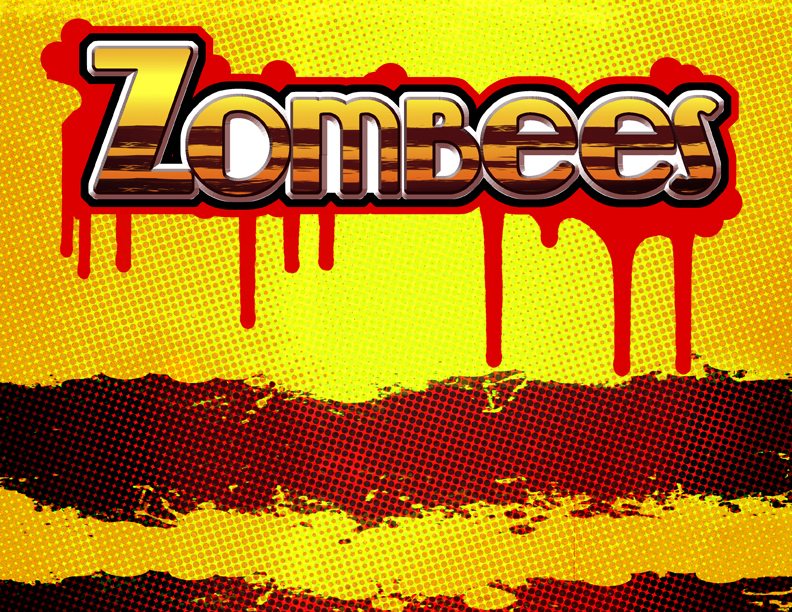
In any given hive, 20,000 to 60,000 bees swarm, going about their daily lives. In this particular hive, there are just as many bees, but the difference is, none of them are alive! ZOMBEES follows the daily antics of a group of undead bees and the hilarious (and gory) comedy that ensues.
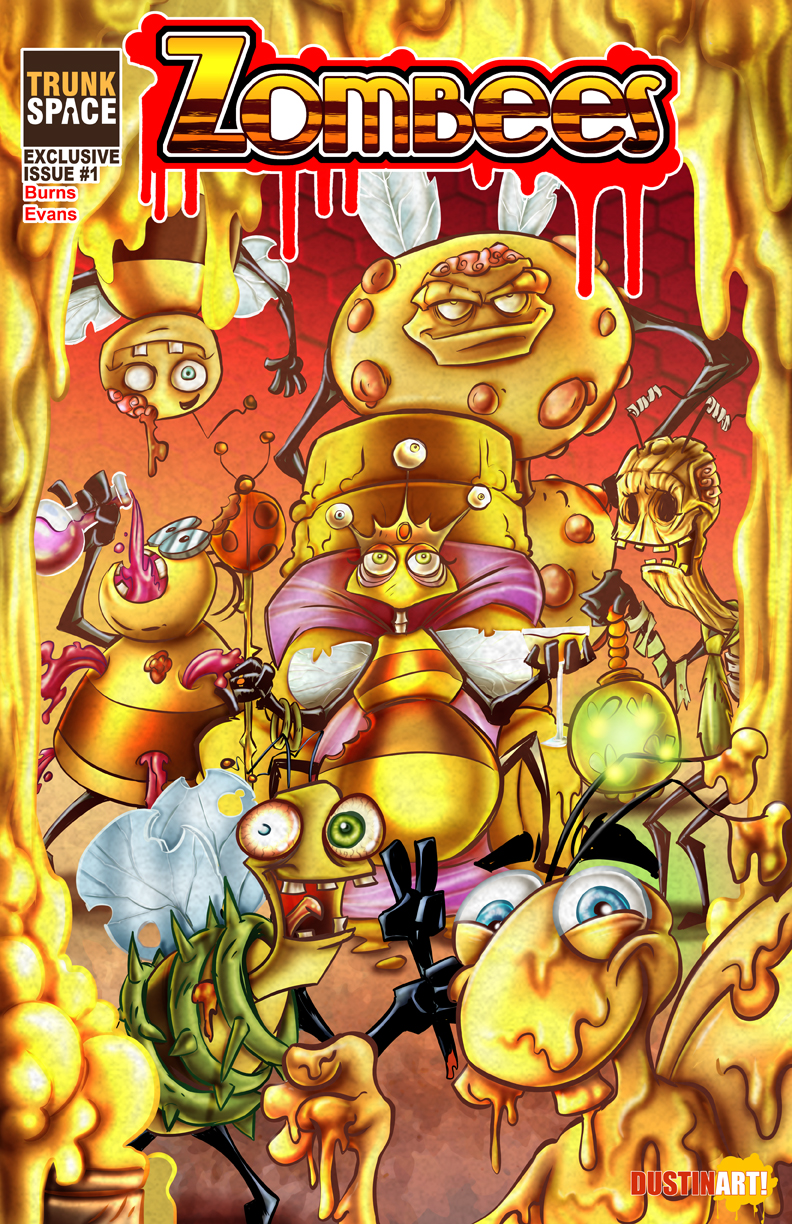
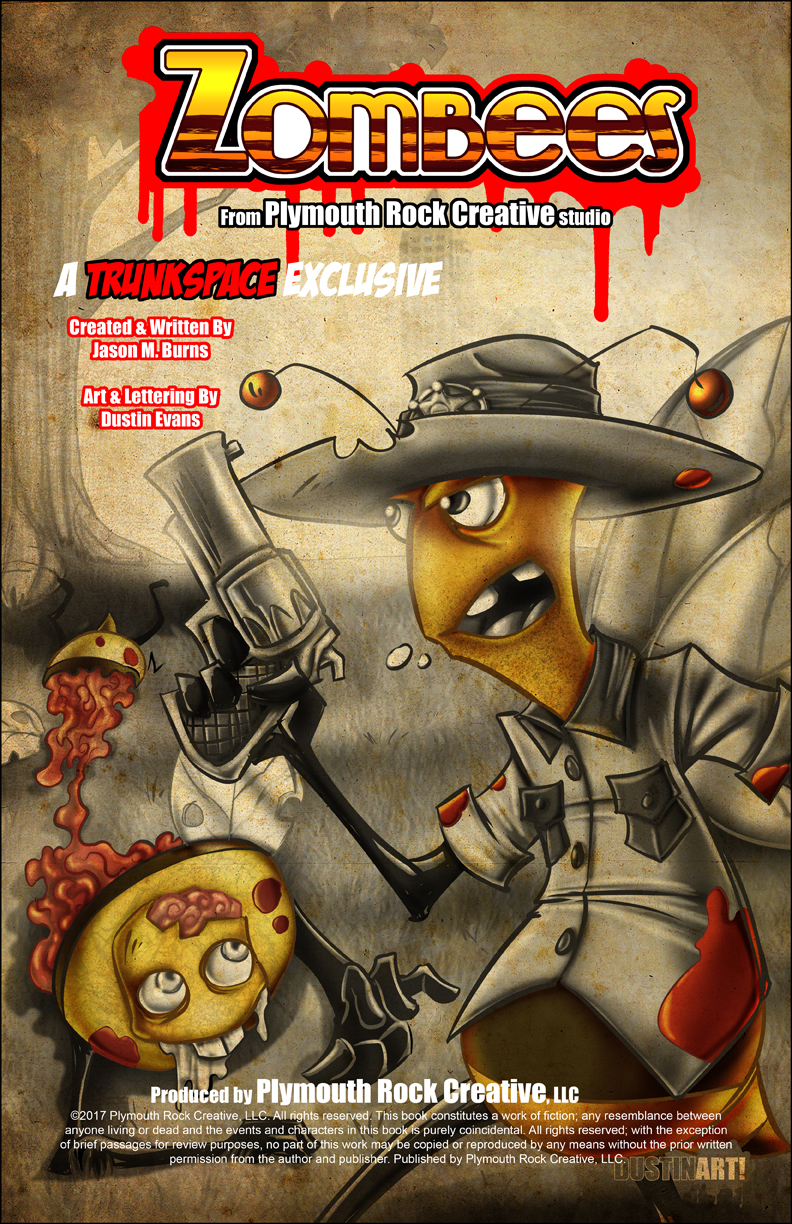
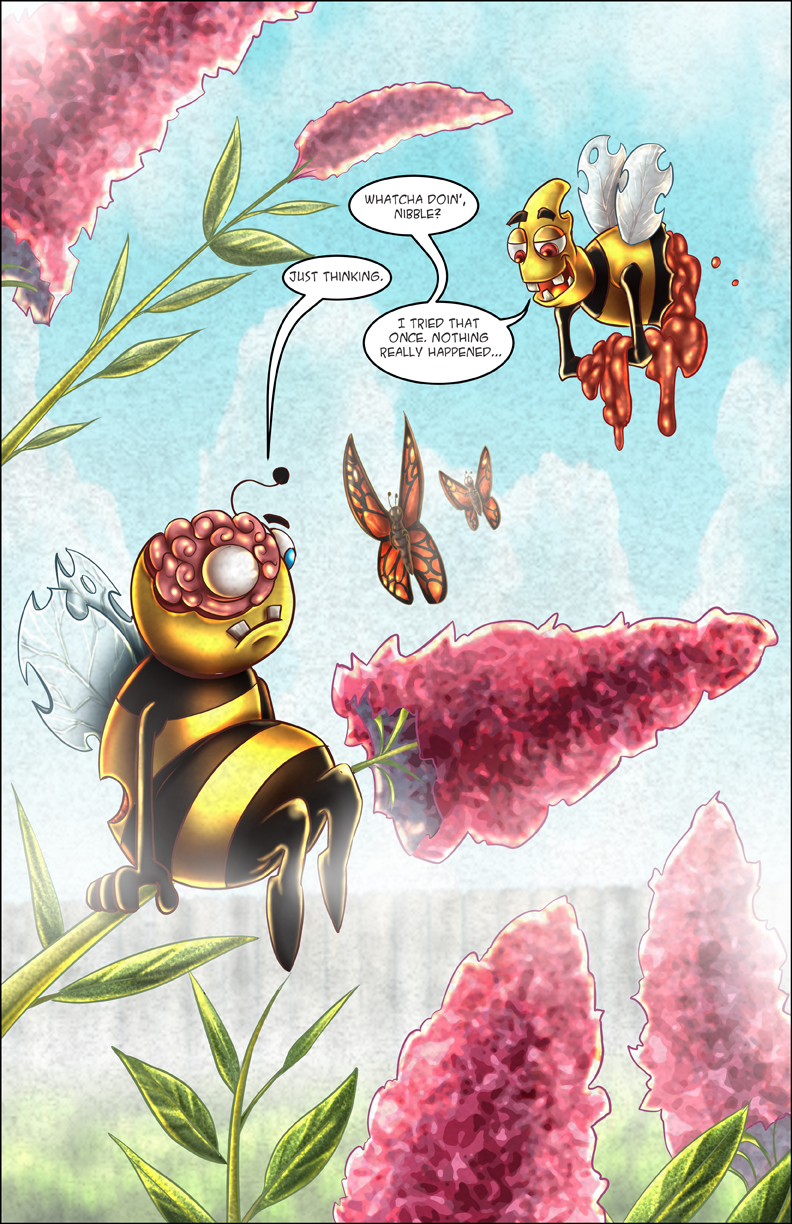
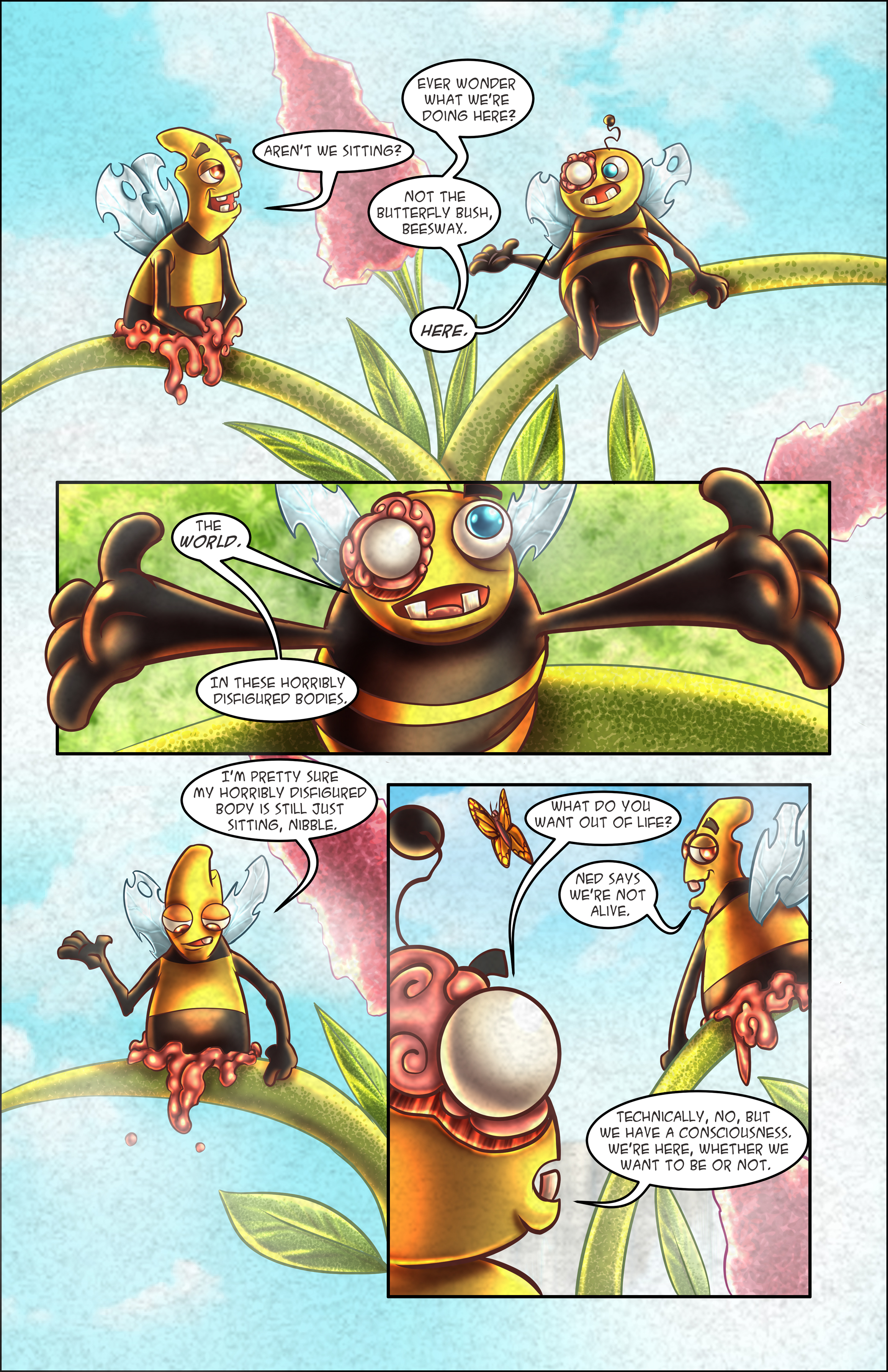
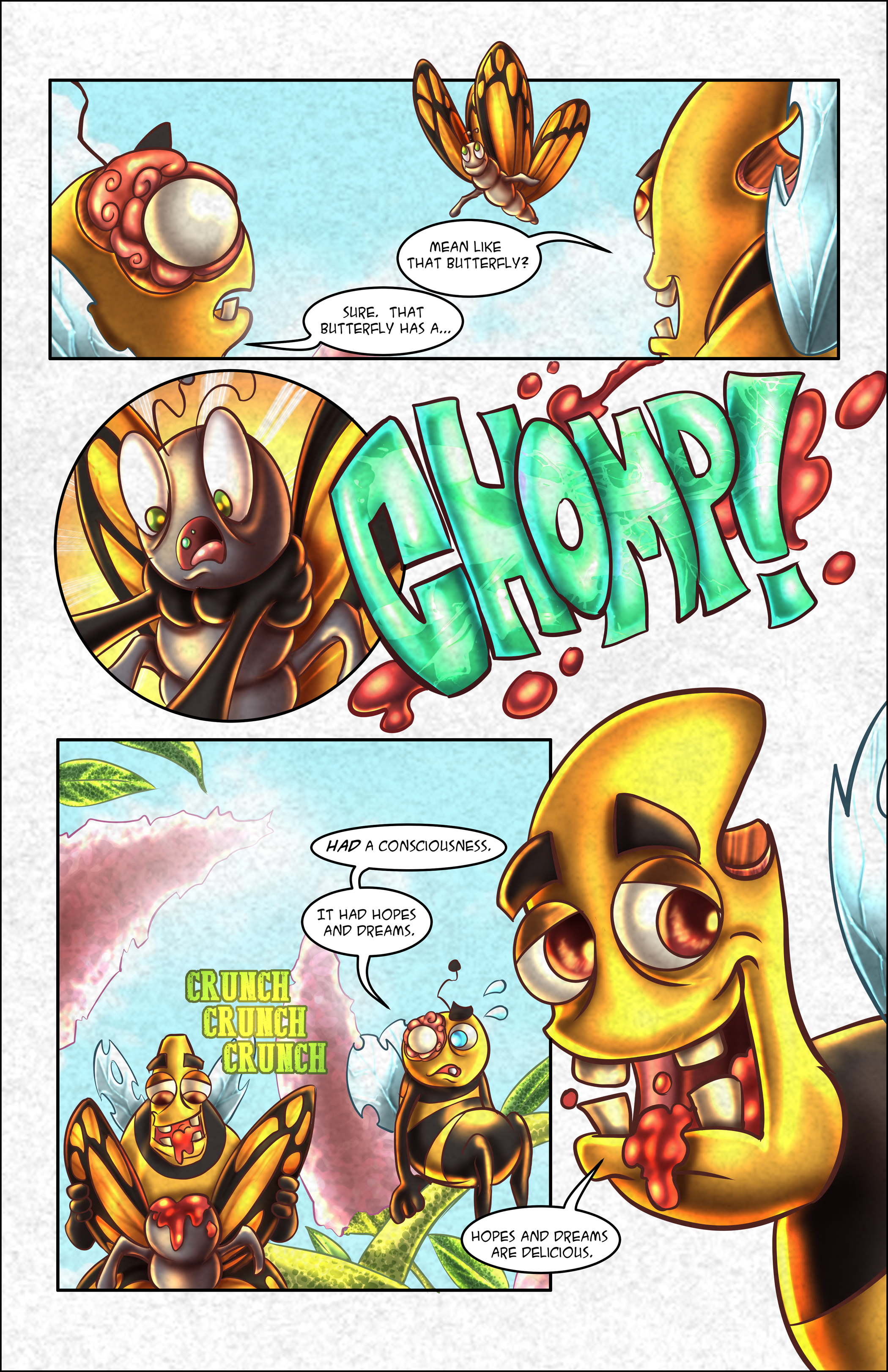
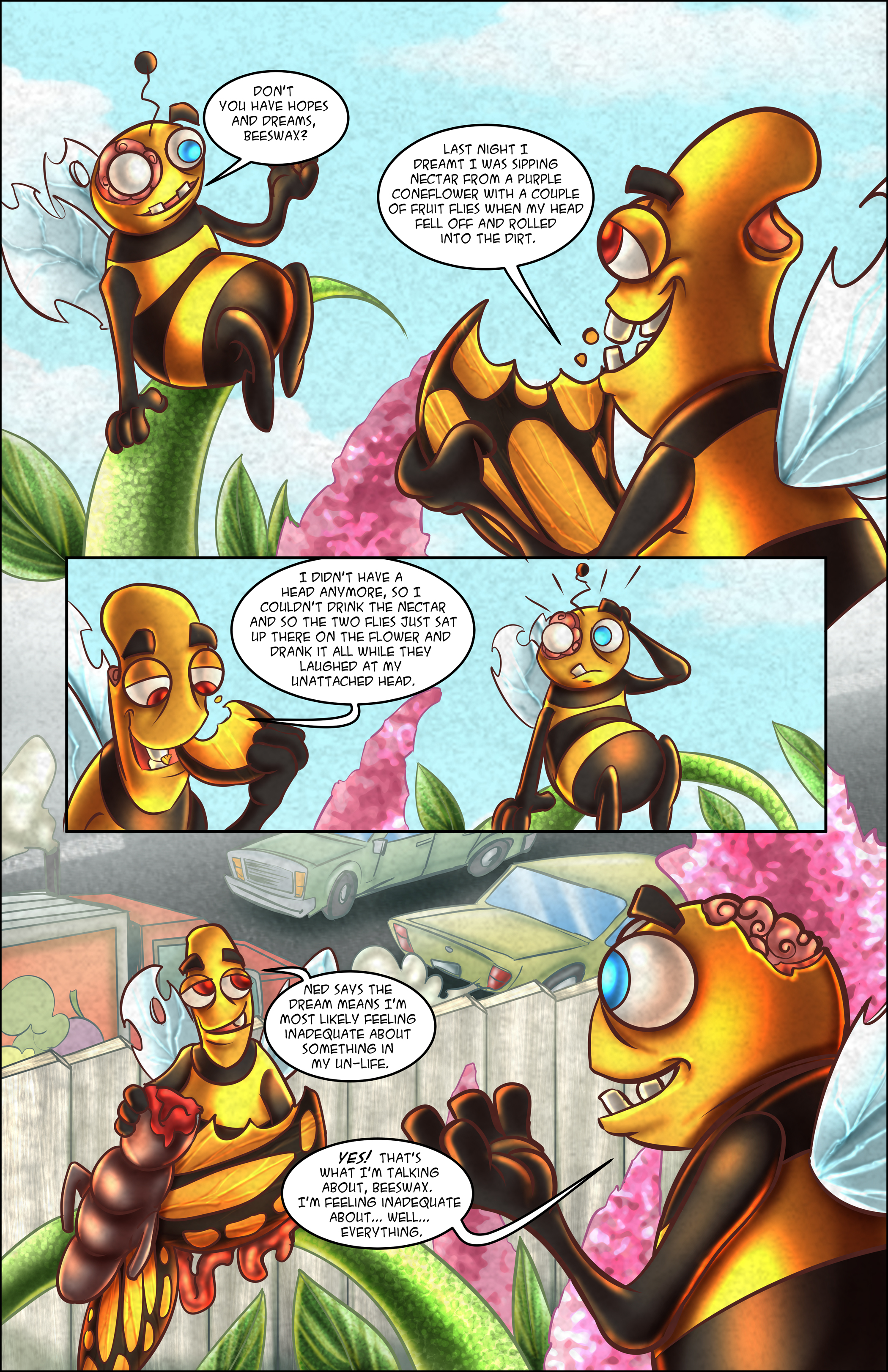
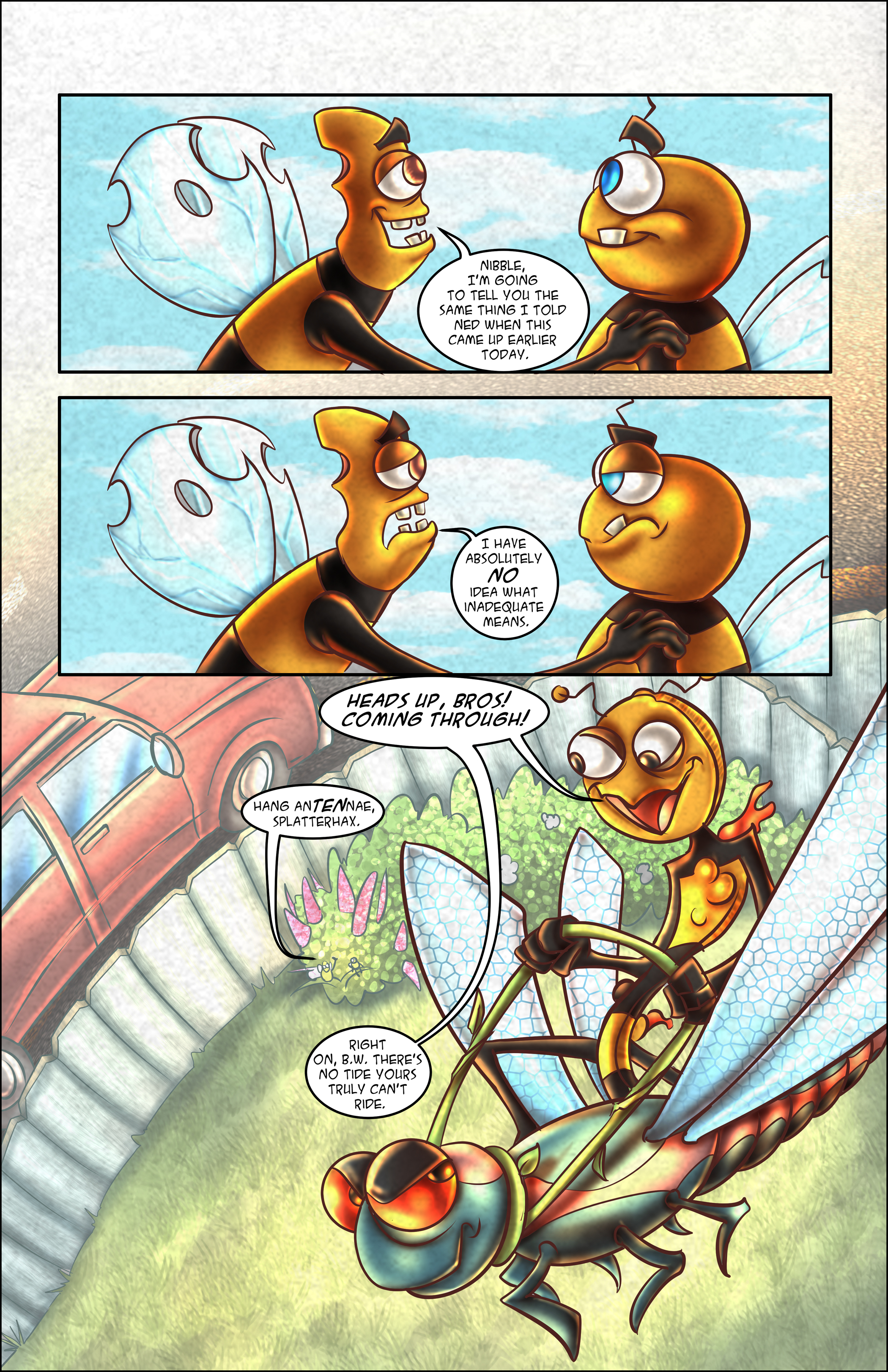
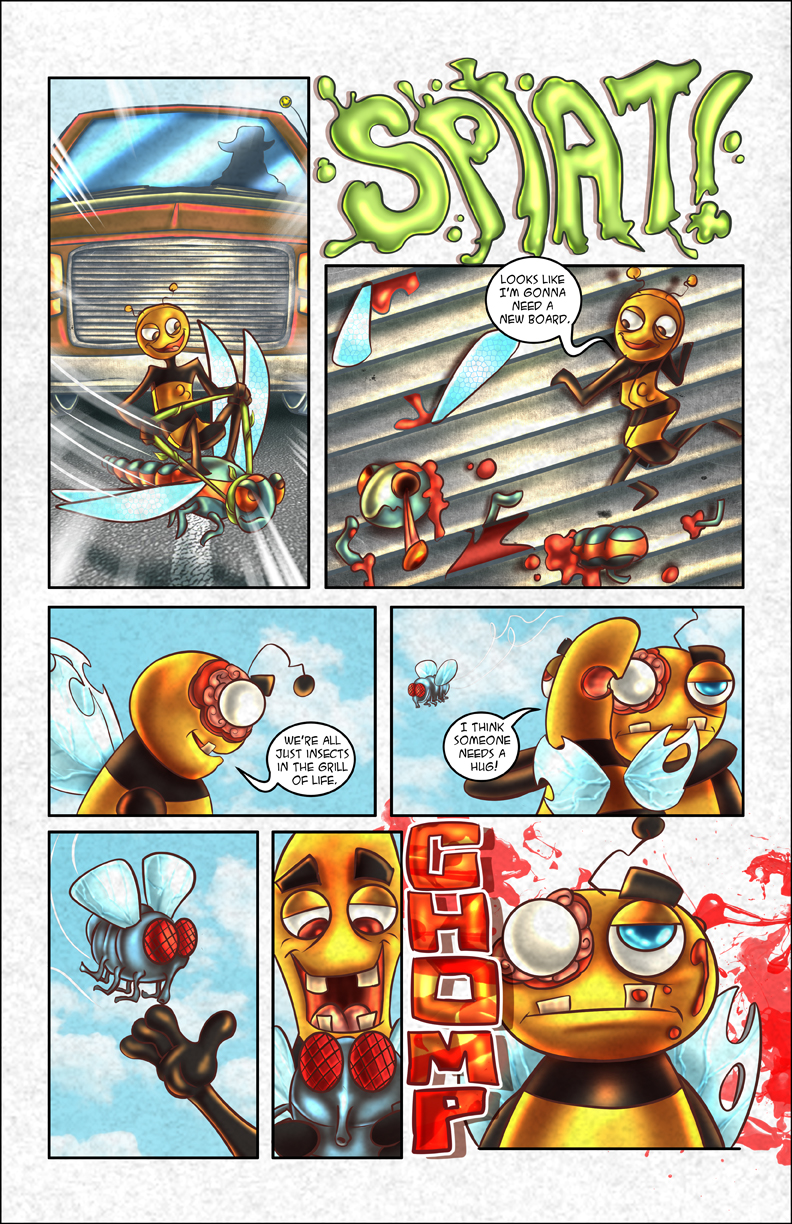
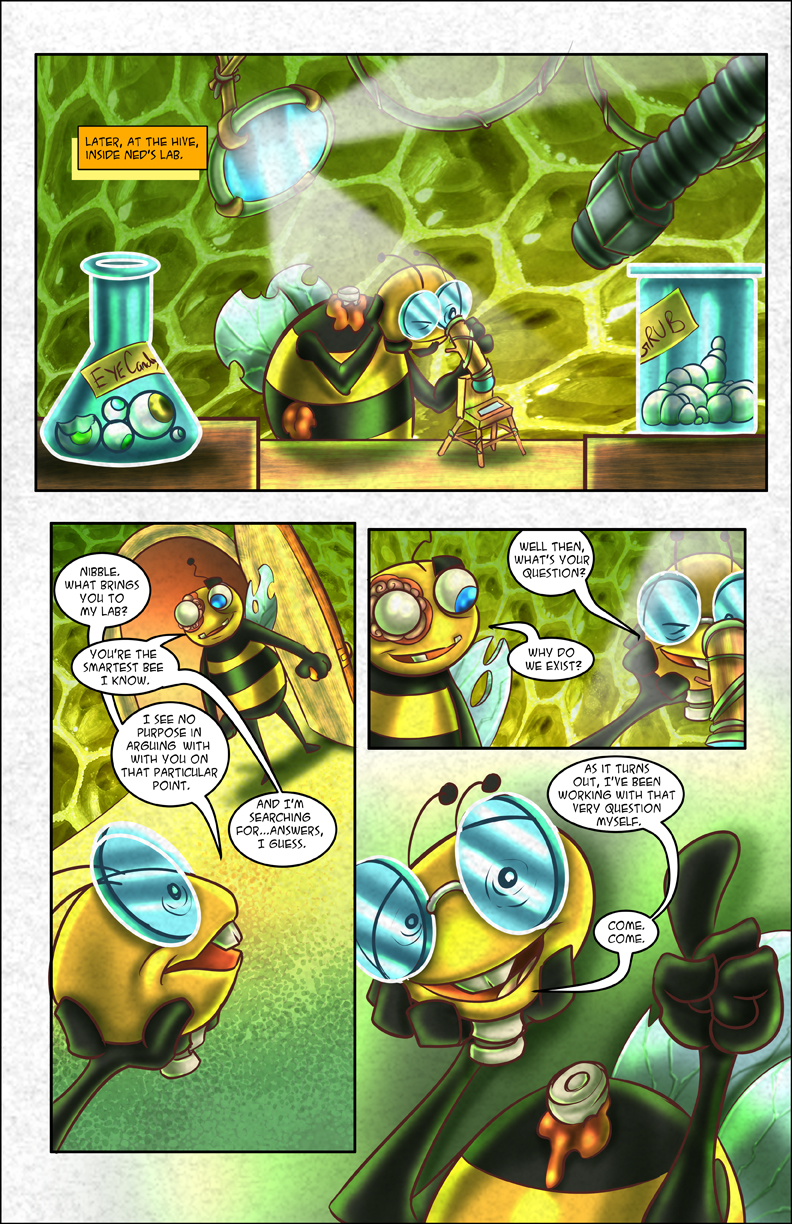
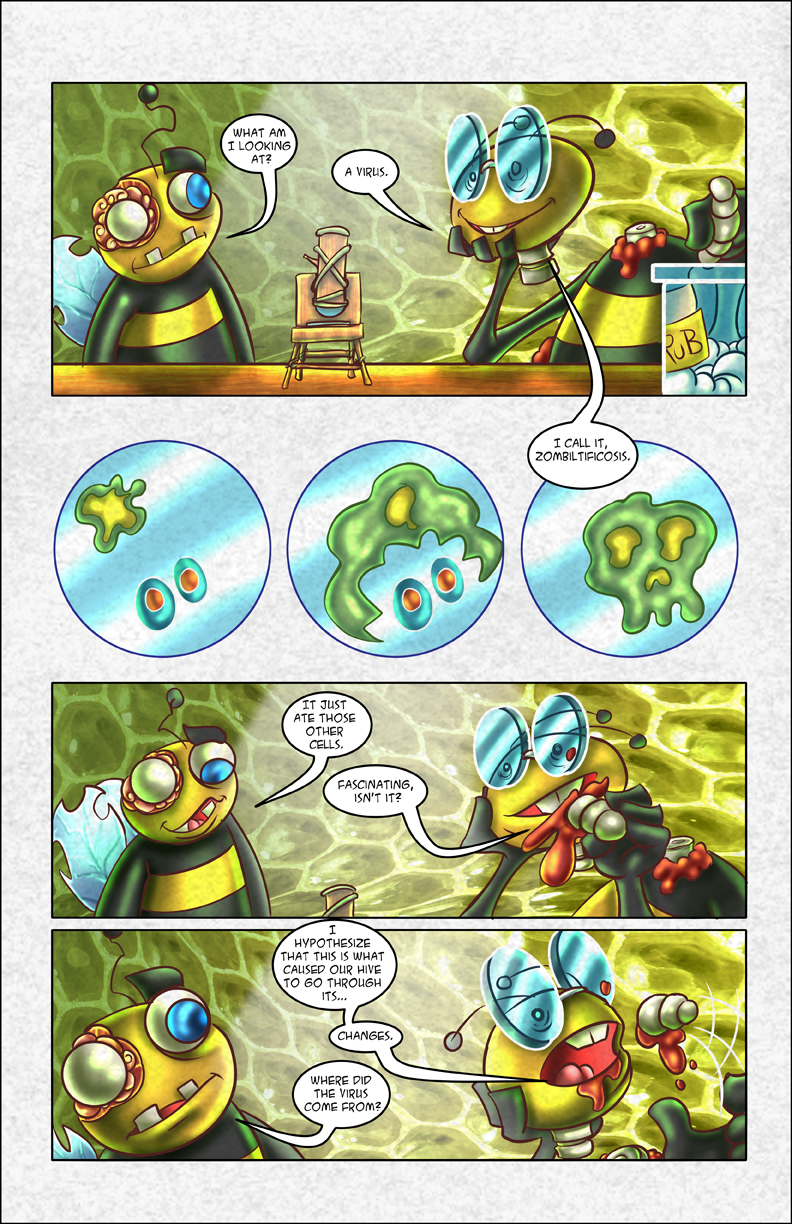
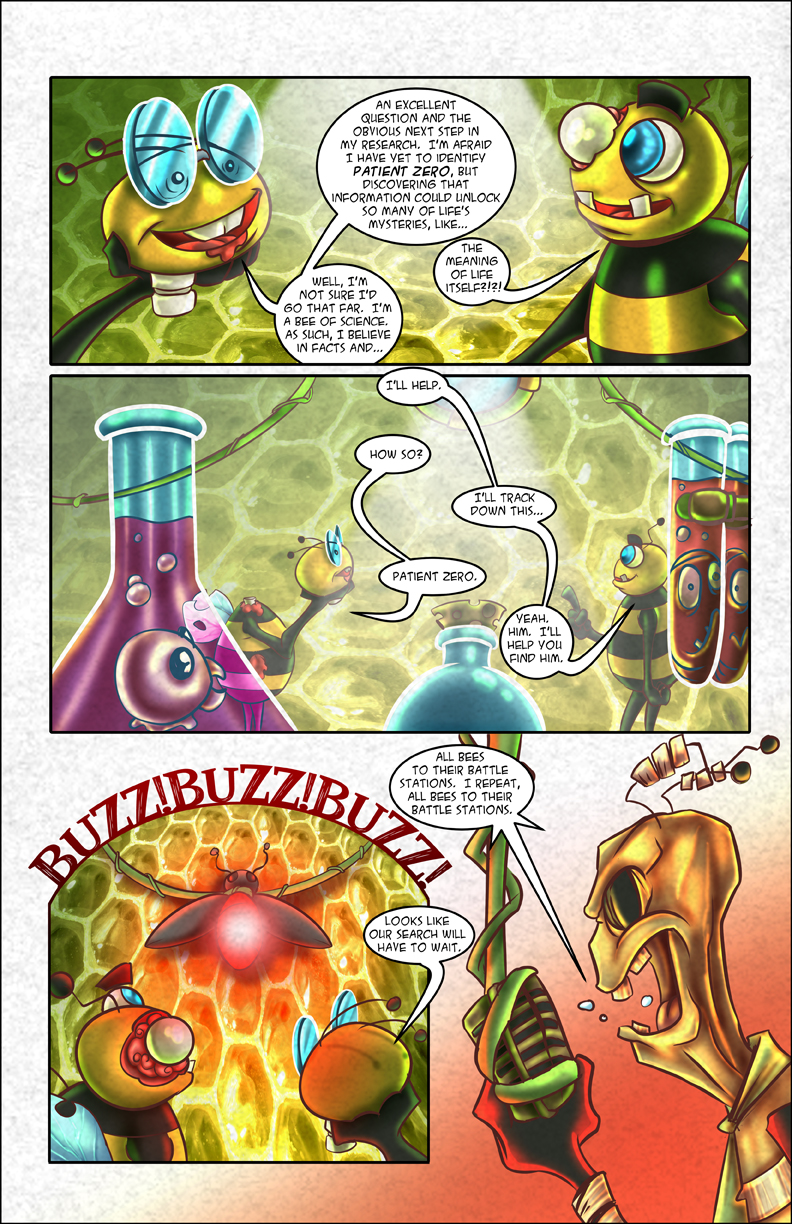
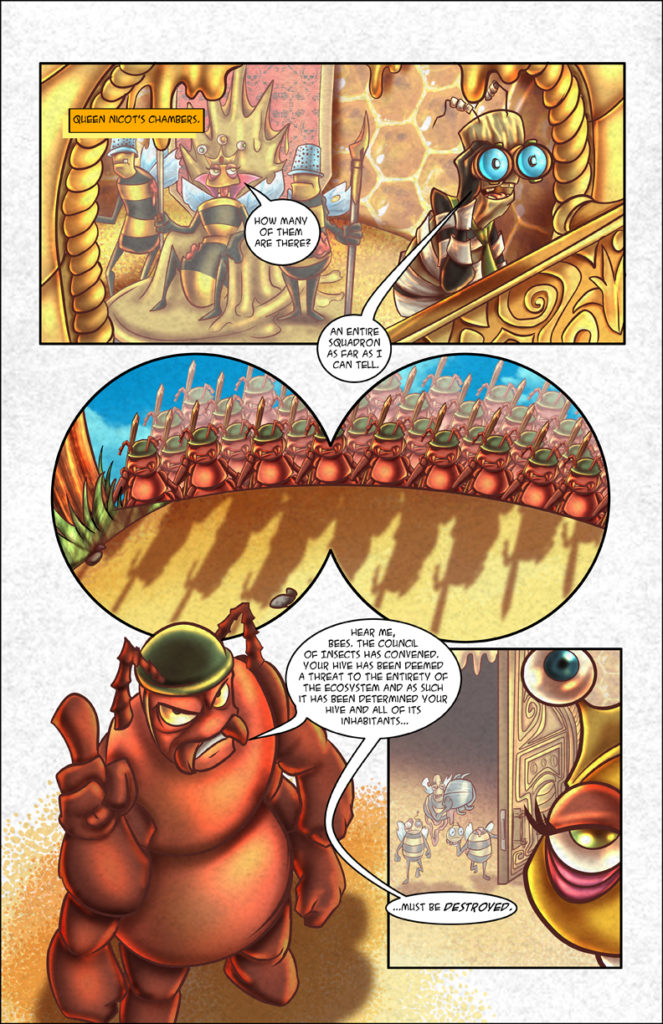
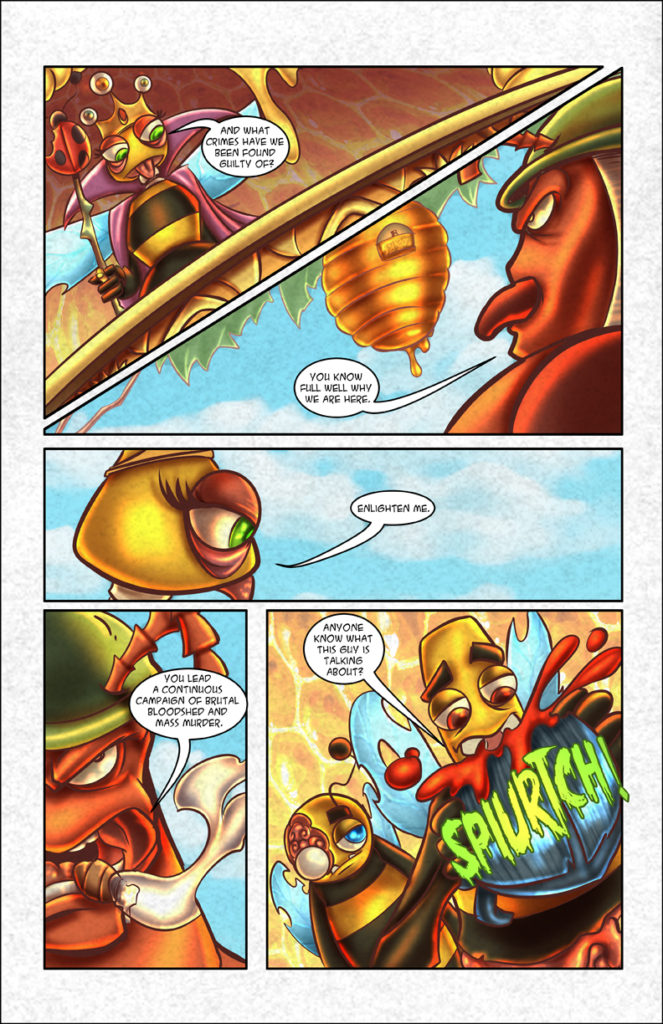
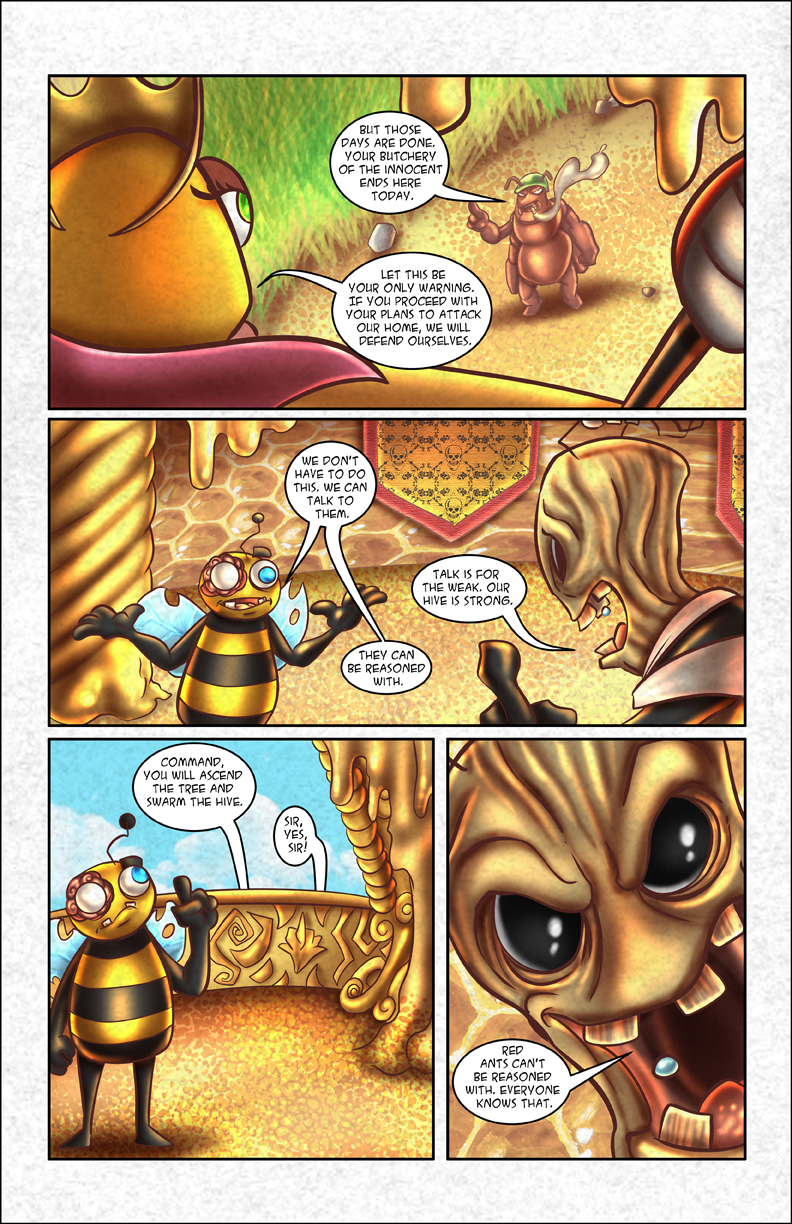
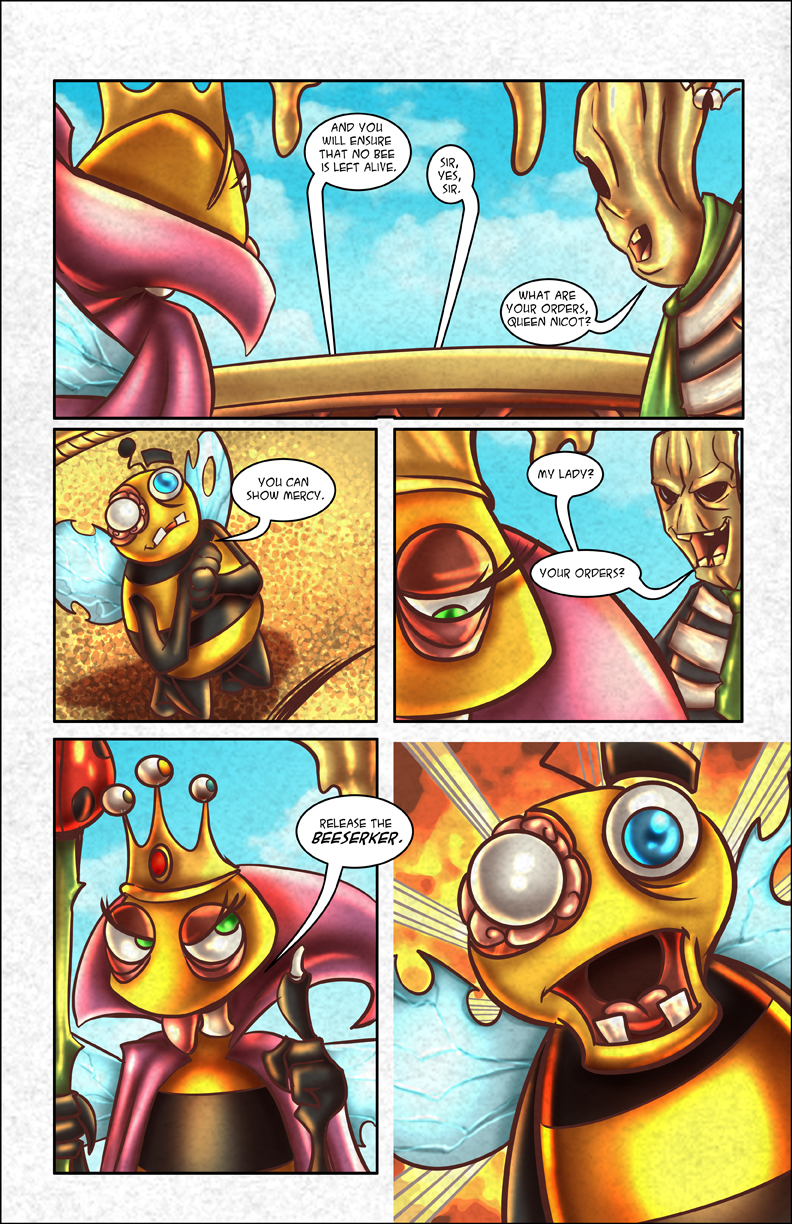
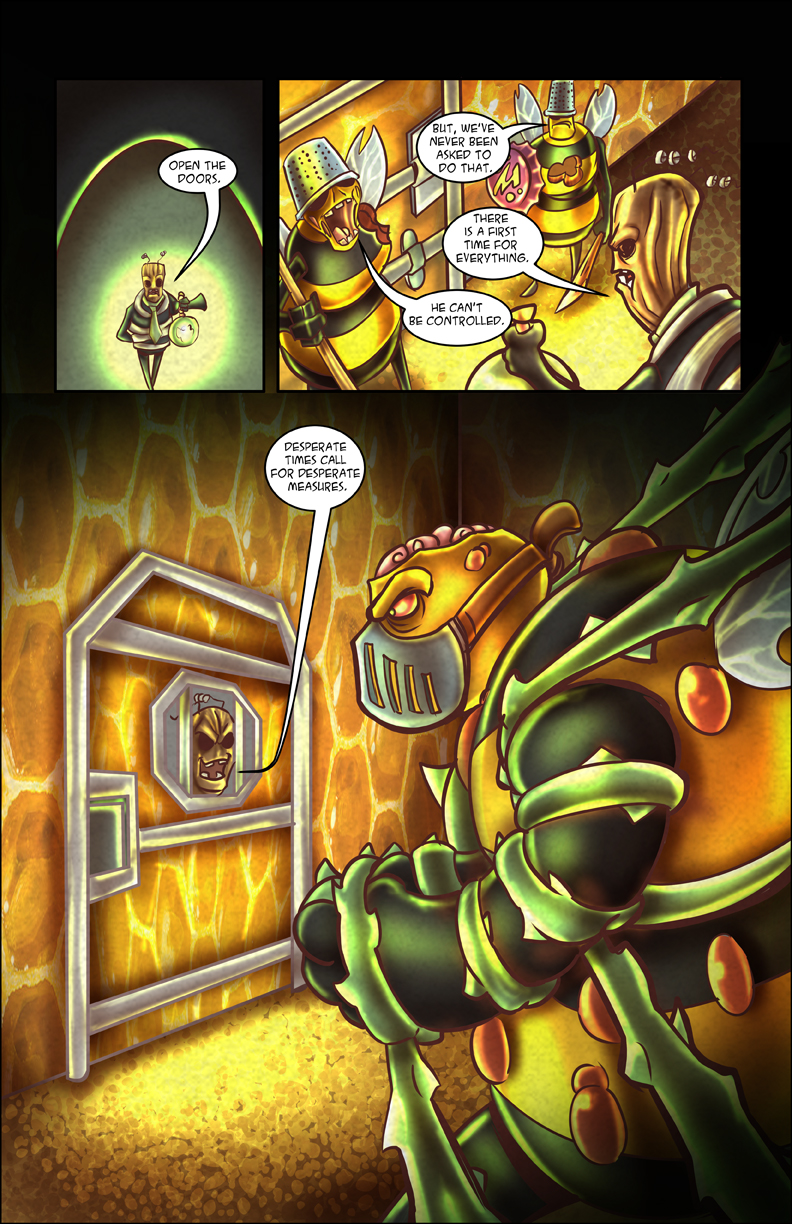
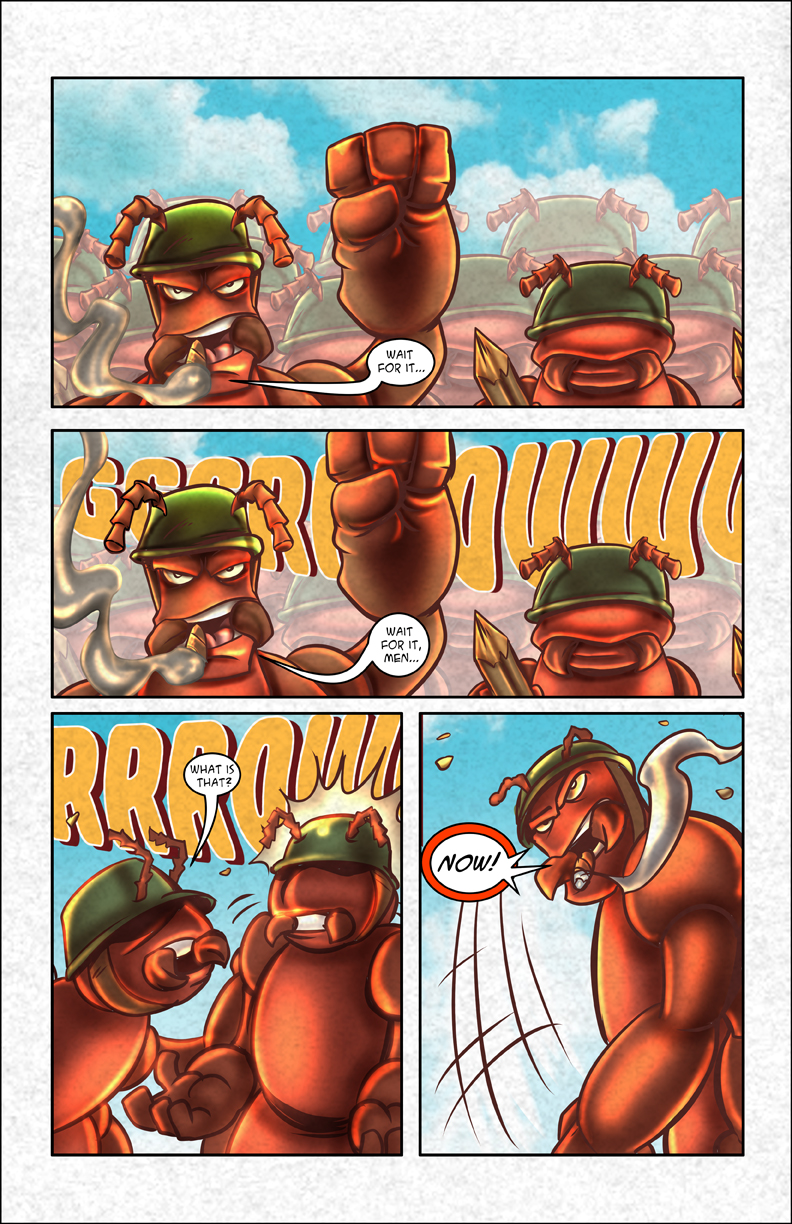
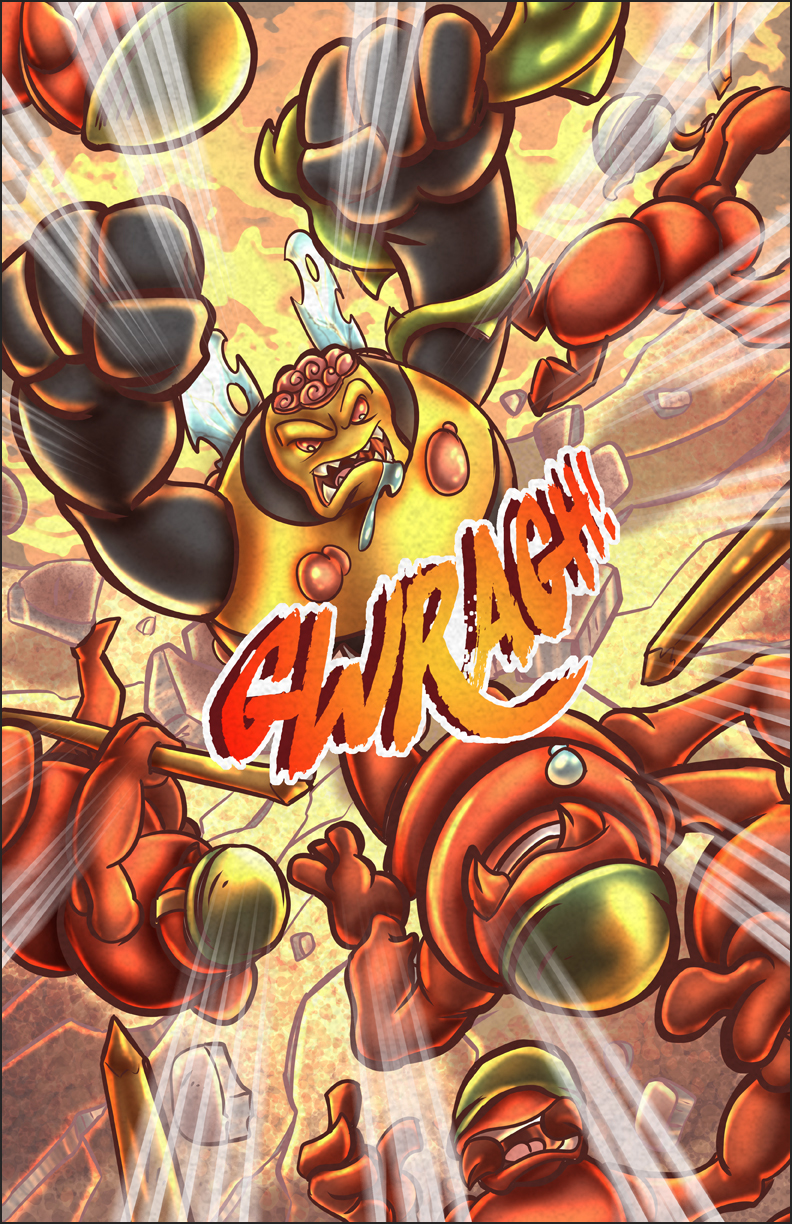
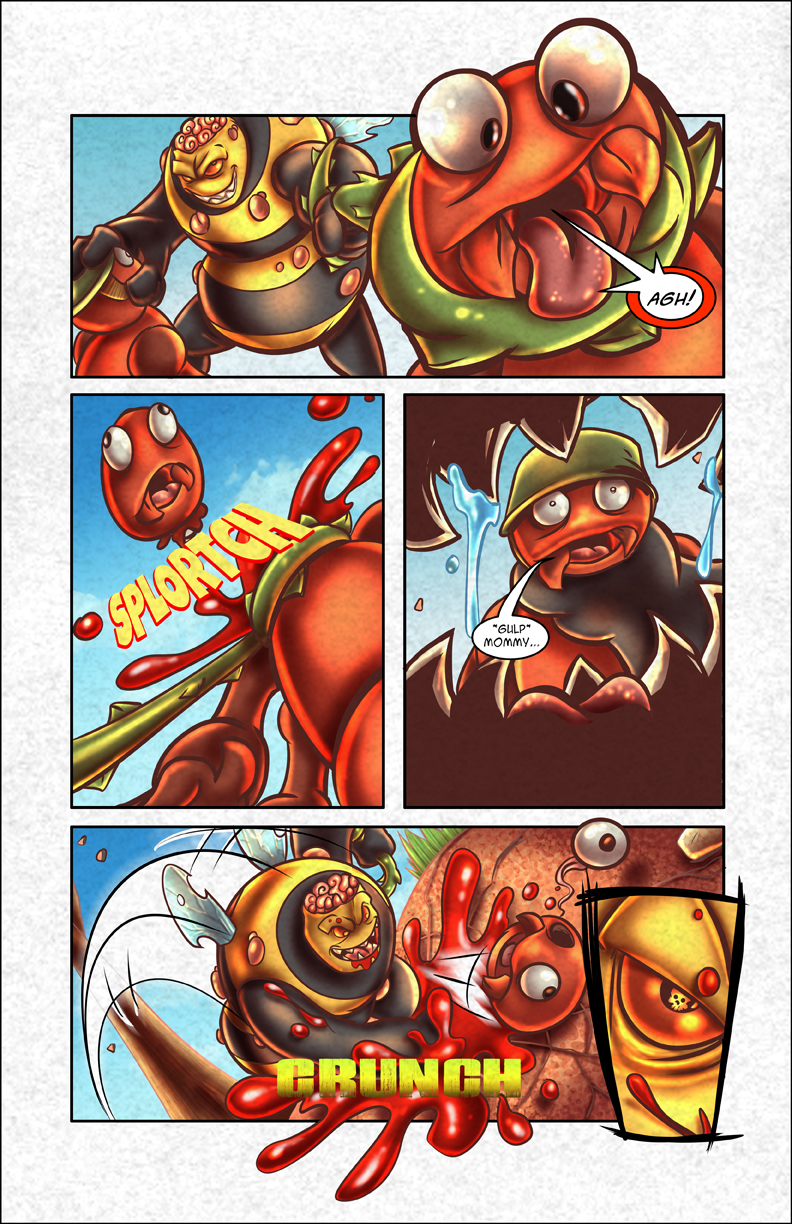
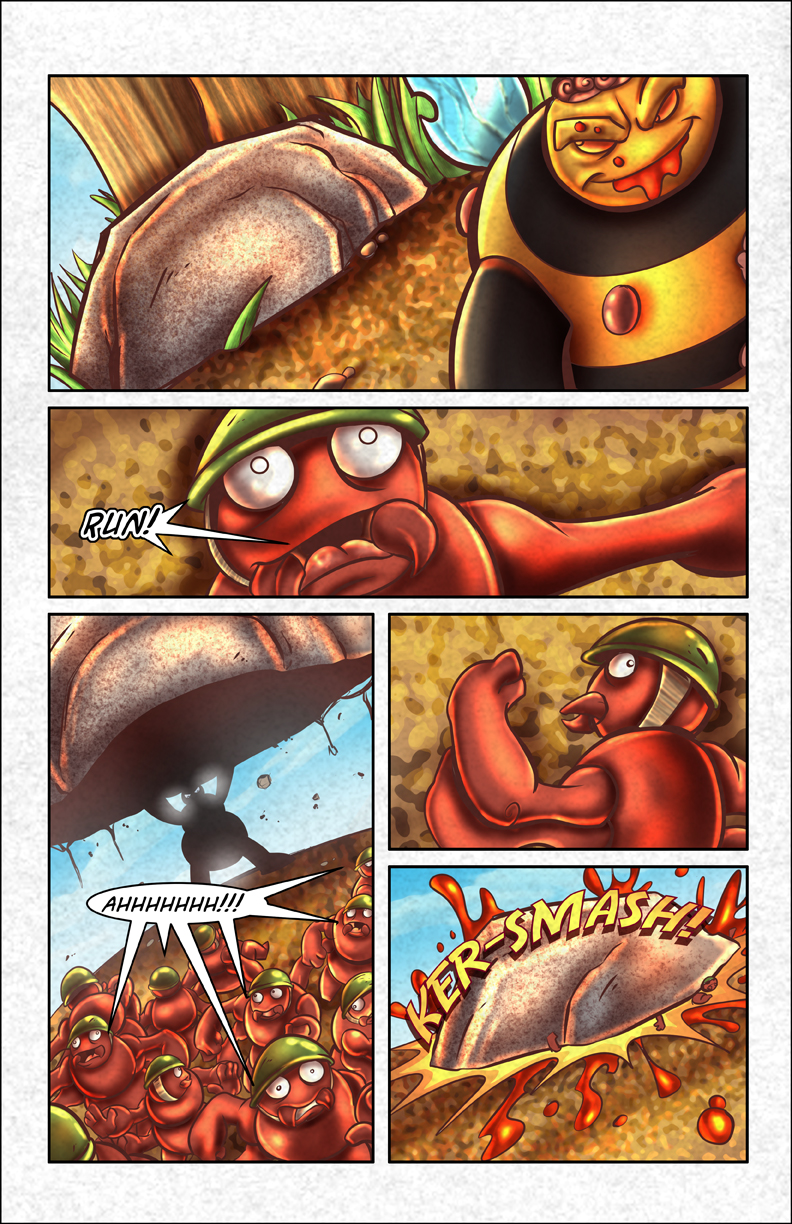
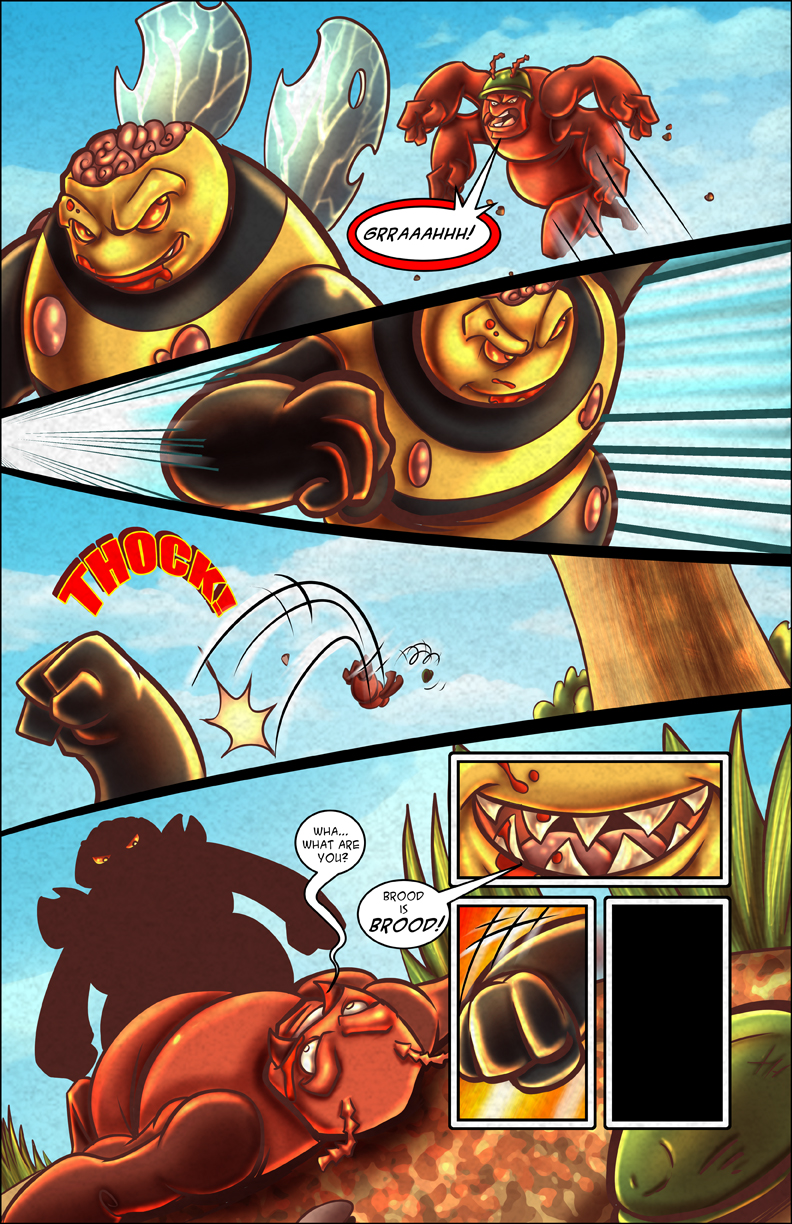
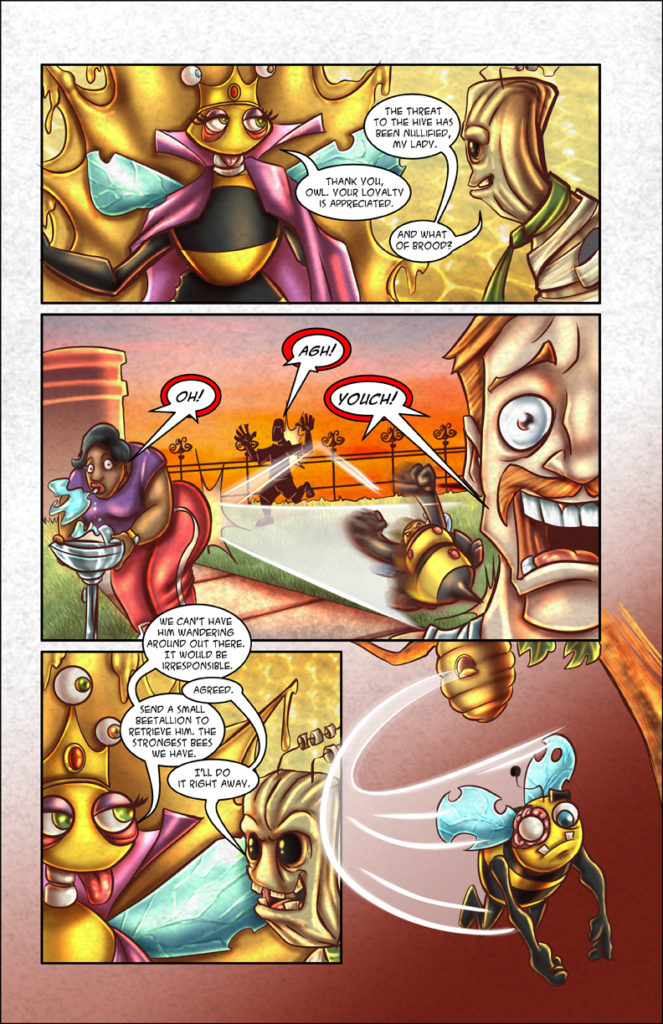
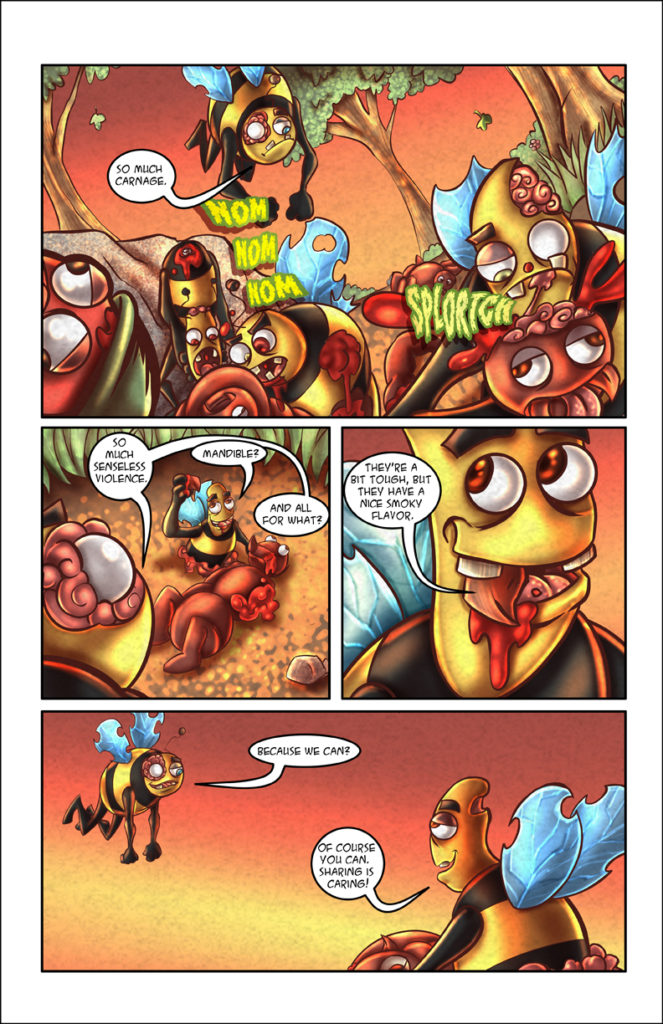
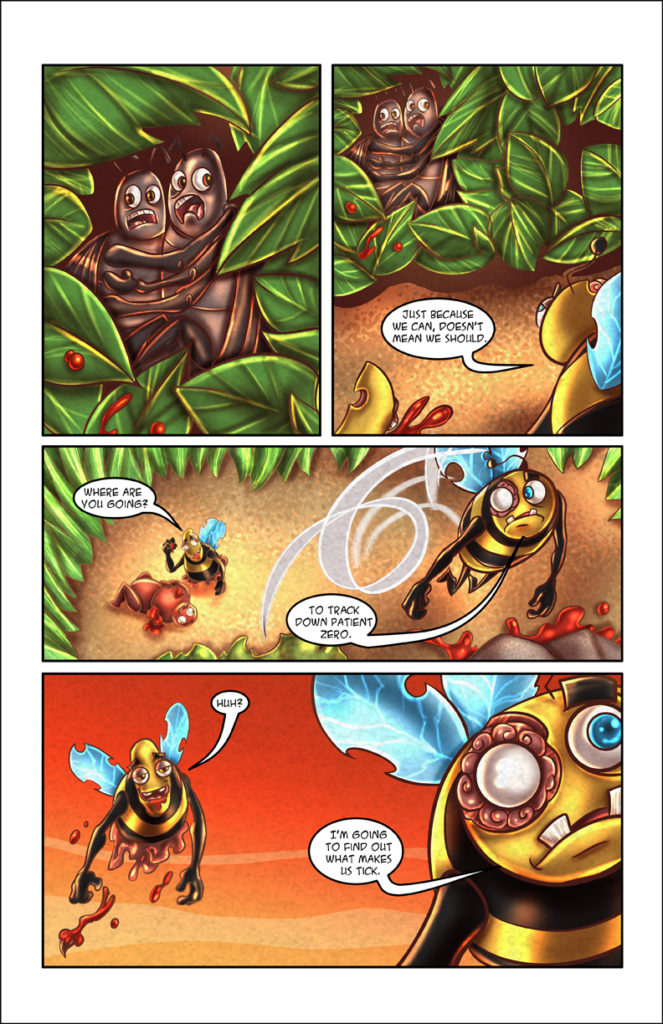
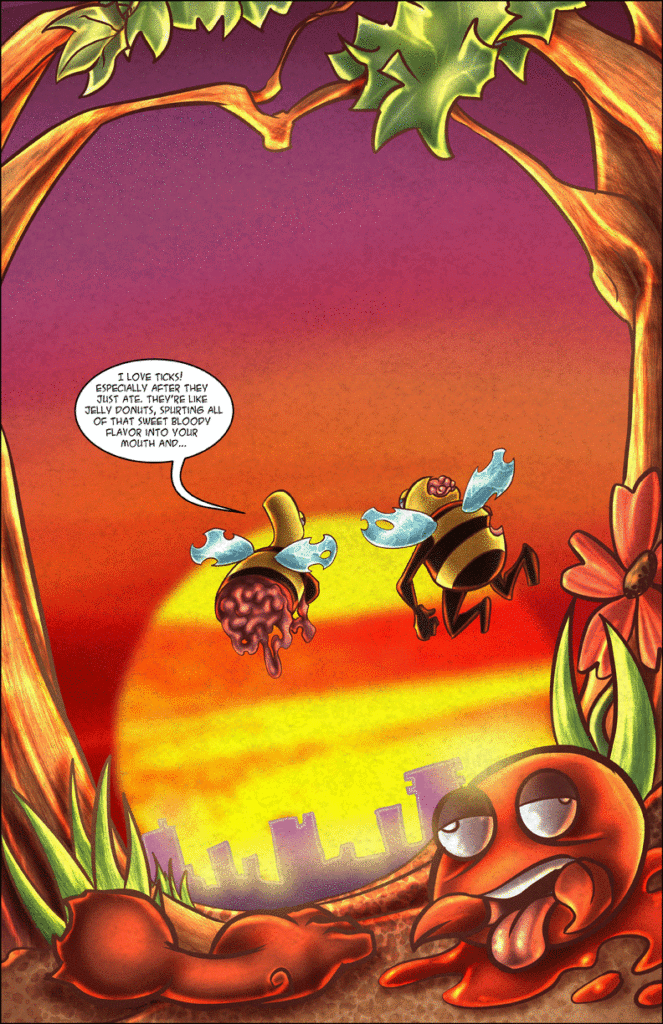
RETURN TO THE HIVE NEXT WEEK FOR MORE FROM ZOMBEES!


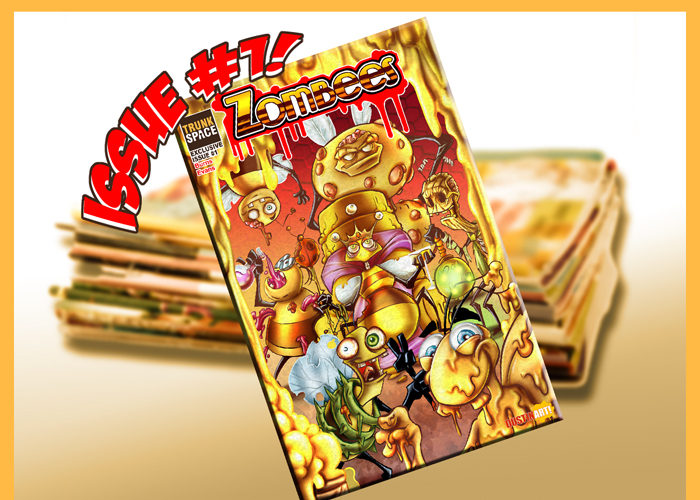
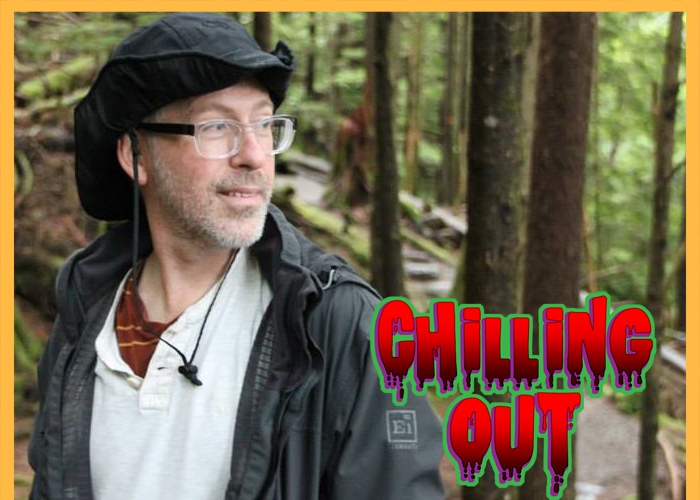
 Chilling Out is where TrunkSpace talks all things horror and genre with those who work in the projects that give us the thrills and chills to keep coming back for more. This time out we’re talking with director Kevin Greutert about his latest film, the thriller “Jackals” starring Deborah Kara Unger, Stephen Dorff, and Jonathon Schaech.
Chilling Out is where TrunkSpace talks all things horror and genre with those who work in the projects that give us the thrills and chills to keep coming back for more. This time out we’re talking with director Kevin Greutert about his latest film, the thriller “Jackals” starring Deborah Kara Unger, Stephen Dorff, and Jonathon Schaech.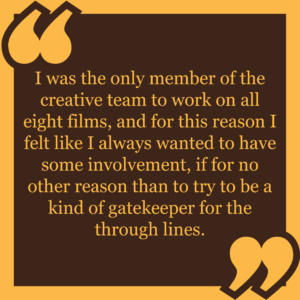 happen. I think there’s some audience excitement to see this new installment, but not nearly on the level of the previous films, though this is difficult to gauge since the cruel removal of the message boards from IMDb, as well as the erasure of House Of Jigsaw, the main “Saw” series forum.
happen. I think there’s some audience excitement to see this new installment, but not nearly on the level of the previous films, though this is difficult to gauge since the cruel removal of the message boards from IMDb, as well as the erasure of House Of Jigsaw, the main “Saw” series forum.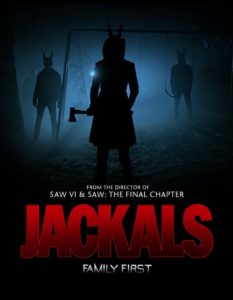 TrunkSpace: You are wearing multiple hats on your new film “Jackals,” tackling both directing and editing. Does editing a project that you also directed help to further cement your cinematic vision on any given project? Are you giving away control on a project when someone else is serving as editor?
TrunkSpace: You are wearing multiple hats on your new film “Jackals,” tackling both directing and editing. Does editing a project that you also directed help to further cement your cinematic vision on any given project? Are you giving away control on a project when someone else is serving as editor?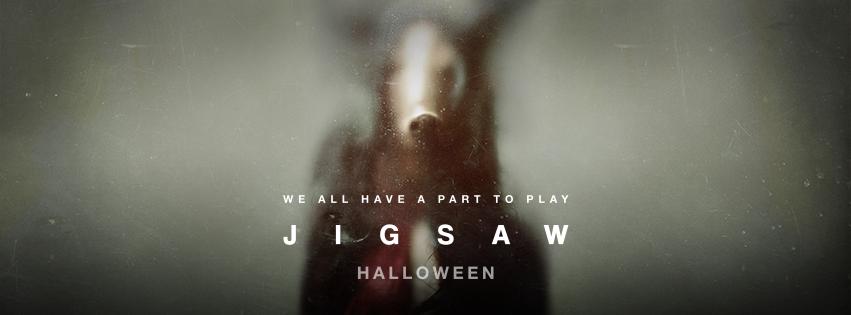
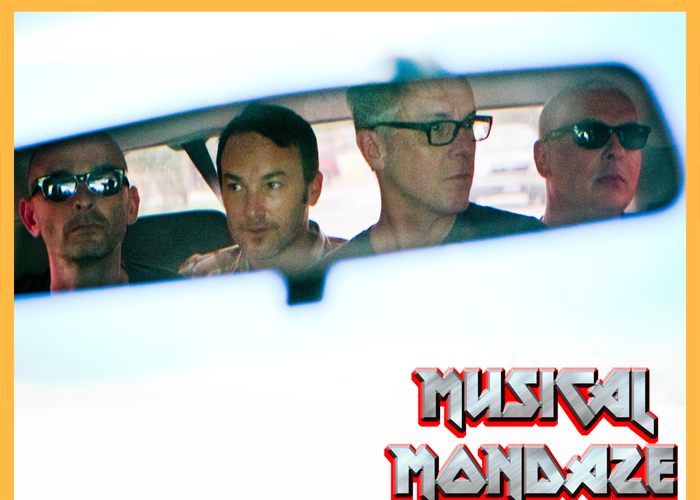
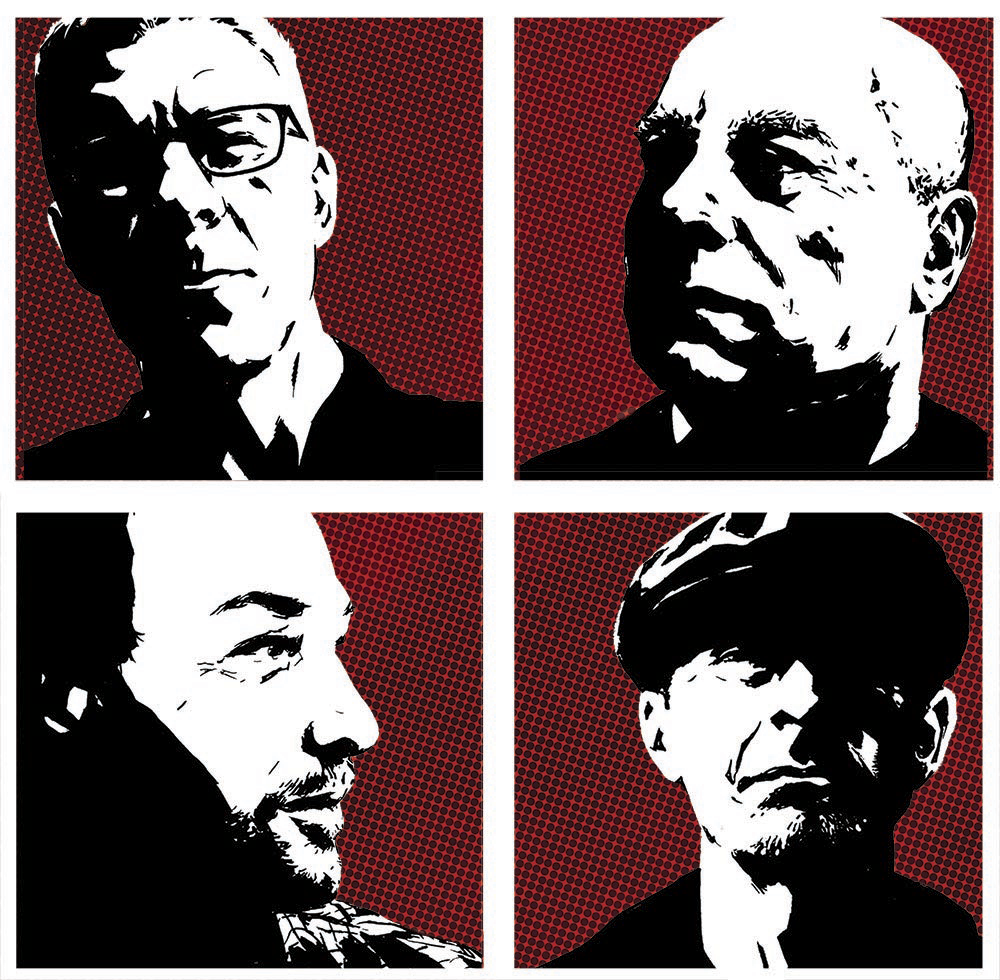 Even though it’s a throwback without a purposeful throw, you don’t need to be riding the wave of 90s nostalgia to enjoy “The Lower Side of Uptown,” the latest album from the Toadies. Finding mainstream success amid the golden age of alternative rock, the Texas-quartet exploded onto the scene in 1994 with the hit album “Rubberneck,” and although the band dispersed in 2001, they reunited with a different lineup five years later and have been writing and performing ever since.
Even though it’s a throwback without a purposeful throw, you don’t need to be riding the wave of 90s nostalgia to enjoy “The Lower Side of Uptown,” the latest album from the Toadies. Finding mainstream success amid the golden age of alternative rock, the Texas-quartet exploded onto the scene in 1994 with the hit album “Rubberneck,” and although the band dispersed in 2001, they reunited with a different lineup five years later and have been writing and performing ever since.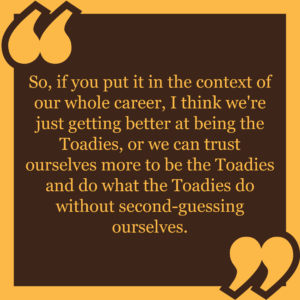 just be creative?
just be creative?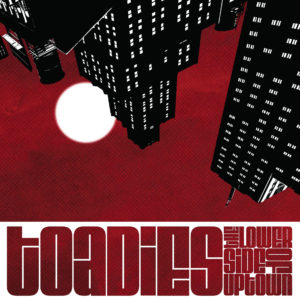 We are really lucky to have had some radio success in the 90s that has somehow managed to stay. Our music still finds a lot of radio time and that translates into still having an audience and still having a career. I think without the radio support, it would be a little different. So, we’re in a really lucky position to have that 90s radio still happening.
We are really lucky to have had some radio success in the 90s that has somehow managed to stay. Our music still finds a lot of radio time and that translates into still having an audience and still having a career. I think without the radio support, it would be a little different. So, we’re in a really lucky position to have that 90s radio still happening.
 Nadia Gray is not yet a household name, and although she would prefer to remain somewhat anonymous as she ventures forward in her career, the self-described “hardcore introvert” is going to find it difficult to maintain separation between her professional and personal lives following the release of her upcoming film “Bright.” Directed by David Ayer (“Fury,” “Suicide Squad”) and starring Will Smith (no credits needed), the Netflix original film is not only building a steady fanboy buzz leading up to its December premiere, but it could single-handedly change the way we consume big budget tentpole features.
Nadia Gray is not yet a household name, and although she would prefer to remain somewhat anonymous as she ventures forward in her career, the self-described “hardcore introvert” is going to find it difficult to maintain separation between her professional and personal lives following the release of her upcoming film “Bright.” Directed by David Ayer (“Fury,” “Suicide Squad”) and starring Will Smith (no credits needed), the Netflix original film is not only building a steady fanboy buzz leading up to its December premiere, but it could single-handedly change the way we consume big budget tentpole features.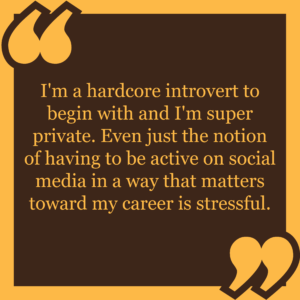 of learned, I initially thought, “
of learned, I initially thought, “
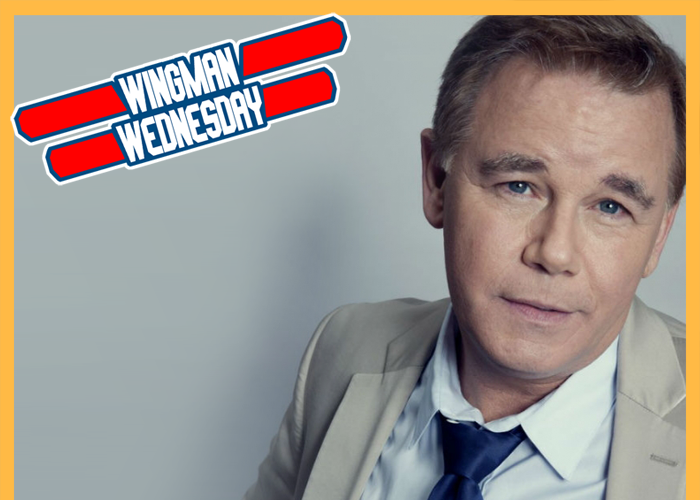
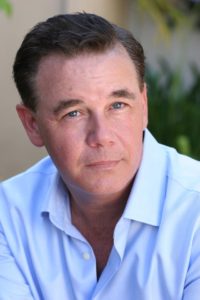 If you were to print Spencer Garrett’s filmography, you would need an entire ream of paper. With dozens upon dozens of interesting and brilliantly-performed roles under his belt, he consistently elevates every project he is a part of. Whereas many character actors help to round out the world in which they inhabit, Garrett becomes the world, blending into the cracks and crevices of the storytelling like performance putty.
If you were to print Spencer Garrett’s filmography, you would need an entire ream of paper. With dozens upon dozens of interesting and brilliantly-performed roles under his belt, he consistently elevates every project he is a part of. Whereas many character actors help to round out the world in which they inhabit, Garrett becomes the world, blending into the cracks and crevices of the storytelling like performance putty.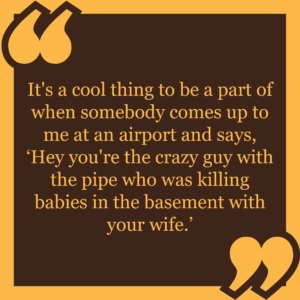 short period of time. Is that a sign of the times with there being so much content now… that there’s just more available to actors to be able to spread their talents across multiple projects?
short period of time. Is that a sign of the times with there being so much content now… that there’s just more available to actors to be able to spread their talents across multiple projects?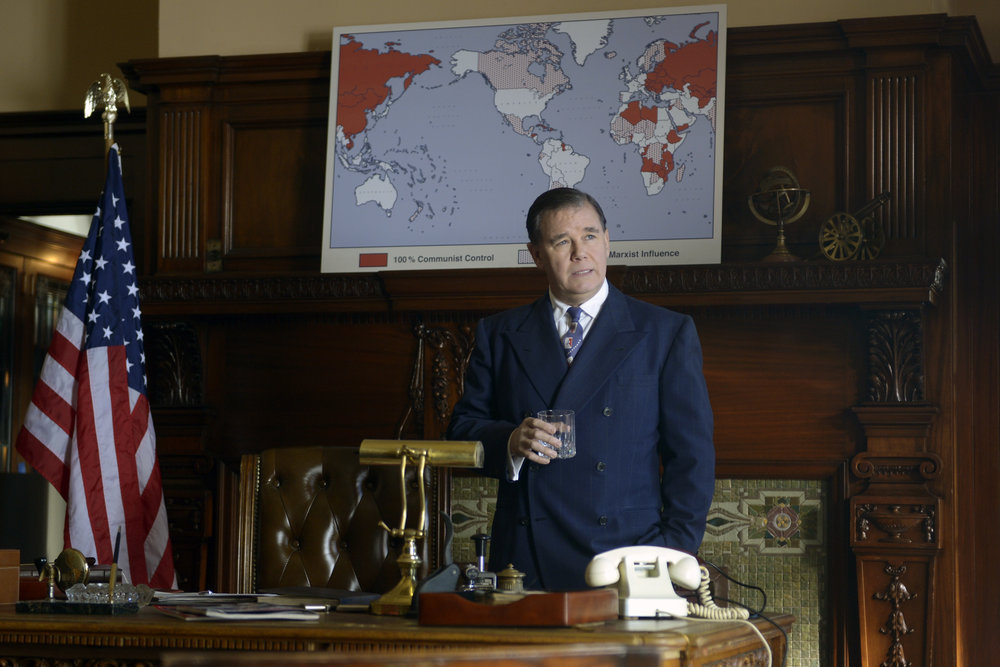
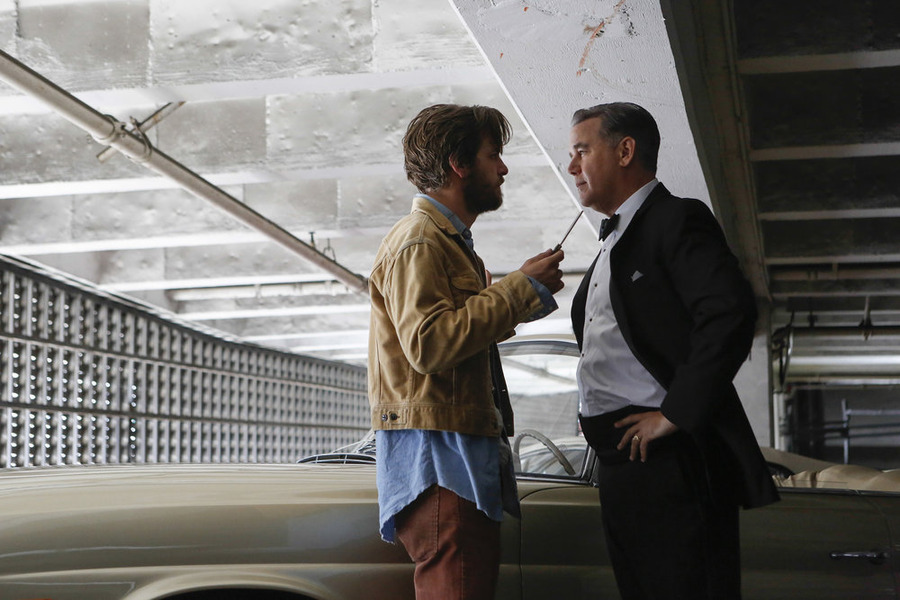
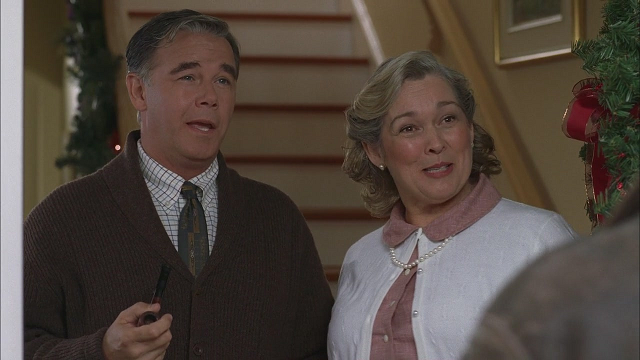
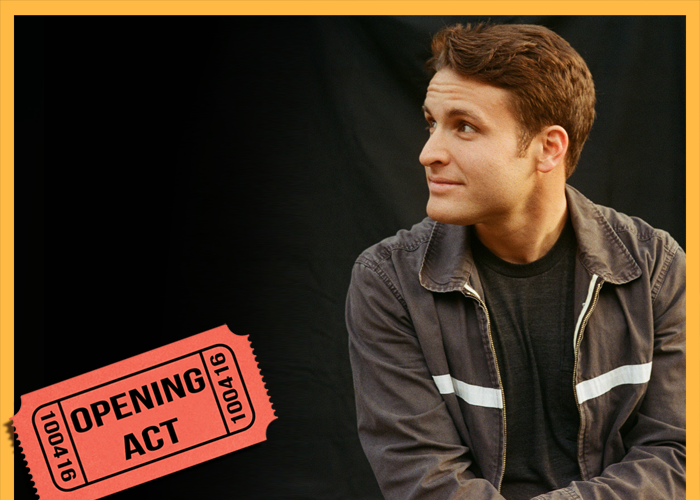
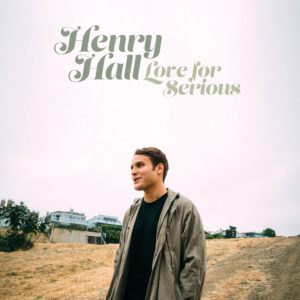 Artist/Band
Artist/Band of person who needs music to be playing constantly and I think writing/performing just came out of that naturally. I’ve been playing in bands since I was like 10 years old so I think I just gravitated towards playing music instinctively.
of person who needs music to be playing constantly and I think writing/performing just came out of that naturally. I’ve been playing in bands since I was like 10 years old so I think I just gravitated towards playing music instinctively.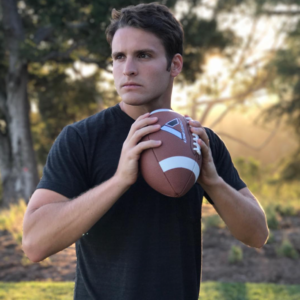 TrunkSpace
TrunkSpace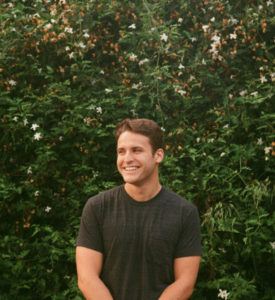 may have zigged had you not had that peek behind the curtain?
may have zigged had you not had that peek behind the curtain?